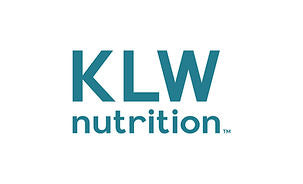Vitamin B3 is one of the eight B vitamins.
It is an important immunity-nourishing micronutrient, and has been shown to support the immune system in numerous ways.
Also known as niacin, this powerful vitamin can activate the immune system by up to 1000-fold the normal level, making it a powerful first line of defence against harmful bugs. It has also been shown to reduce inflammation and damage to the lungs.
And, as with all the B vitamins, niacin helps convert food into energy by aiding enzymes. It also plays a role in making and repairing DNA and cell signalling, as well as acting as a powerful health-promoting antioxidant.
As well as supporting the immune system, vitamin B3 has been shown to lower cholesterol by increasing your HDL (good) cholesterol and lowering your LDL (bad) cholesterol and reducing triglyceride (a type of fat called a lipid) levels. This may result in a reduced risk of heart disease.
Vitamin B3 has also been shown to boost brain function - your brain needs vitamin B3 to get energy and function properly. Brain fog is associated with a vitamin B3 deficiency and preliminary research shows that this vitamin could also help keep the brain healthy in cases of Alzheimer's disease. Deficiency in this vitamin is usually also characterised by skin issues, memory loss and digestive issues.
Where can we find vitamin B3?
It can be found in a wide variety of foods - meat, poultry, fish, nuts and legumes. Other foods, such as breakfast cereals, may also be fortified with vitamin B3. Vitamin B3 is included in My Immune Hero - 14mg (per 2 capsules - daily dose) - this provides 88% of the NRV (Nutrient Reference Value).
If you do supplement with vitamin B3 read the label carefully as one side effect from vitamin B3 supplementation is something known as the 'niacin flush' - a reddening of the skin - this may occur if you take 30-50mg or more of niacin in a single dose.
So, read the labels carefully!

